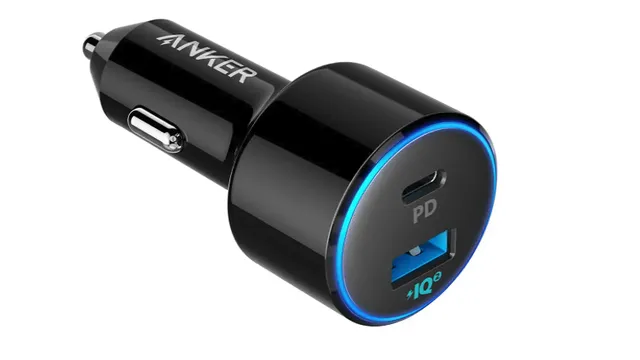How Car Loan Charge-Offs Work & Avoiding Auto Repossession

Introduction:
Car loan charge-offs and auto repossessions are topics of concern for many car owners and potential buyers, as these financial challenges can have significant consequences. In this article, we will discuss what charge-offs are, how they work, and how you can avoid auto repossession.
What is a Car Loan Charge-Off?
A car loan charge-off occurs when a lender decides that the borrower is unlikely to make any further payments on their car loan. This typically happens when the borrower is significantly past due on their payments. The lender will then remove the outstanding debt from their financial accounts and report it as a loss.
Effects of Car Loan Charge-Offs:
Car loan charge-offs have several undesirable effects on both the borrower and the lender. For the borrower, a charge-off can severely impact their credit score, making it more difficult to obtain loans in the future. Additionally, any remaining balance on the car loan becomes due immediately, putting more financial strain on the borrower. For the lender, a charge-off implies a loss on their investment and an inability to recoup the money lent.
Avoiding Auto Repossession:
Auto repossession is an unfortunate result of a car loan charge-off and occurs when the borrower fails to make scheduled payments or satisfy the remaining balance after a charge off. To avoid auto repossession:
1. Stay current with your car payments: Always ensure you make your monthly payments promptly. This not only keeps your credit score intact but also minimizes the risk of repossession.
2. Communicate with your lender: If you anticipate difficulties making your car payment, reach out to your lender immediately to discuss possible deferment or other options.
3. Refinance or modify your loan: If you are struggling to keep up with high-interest rates or unmanageable monthly payments, consider refinancing or renegotiating your car loan to secure better terms.
4. Get help from a credit counselor: Seek the assistance of a reputable credit counselor who can help you navigate the complexities of your financial situation and provide advice on managing debts.
5. Prioritize your car loan: Your car is often one of your most essential tools for work and daily life. To prevent repossession, prioritize making your car loan payments in your budget.
6. Create a savings buffer: Saving money in an emergency fund can help you continue making car payments when faced with an unexpected financial setback, minimizing the risk of repossession.
7. Sell or trade in your vehicle: If you cannot avoid repossession through negotiation, consider selling or trading in your vehicle voluntarily to cover your remaining loan balance.
Conclusion:
Car loan charge-offs and auto repossessions are stressful situations that can wreak havoc on your financial well-being. By understanding the process and taking proactive steps to minimize the risk, you can protect your vehicle and maintain financial stability. Stay diligent with payments, communicate with your lender, and seek professional help when needed to stay ahead of these challenges.



